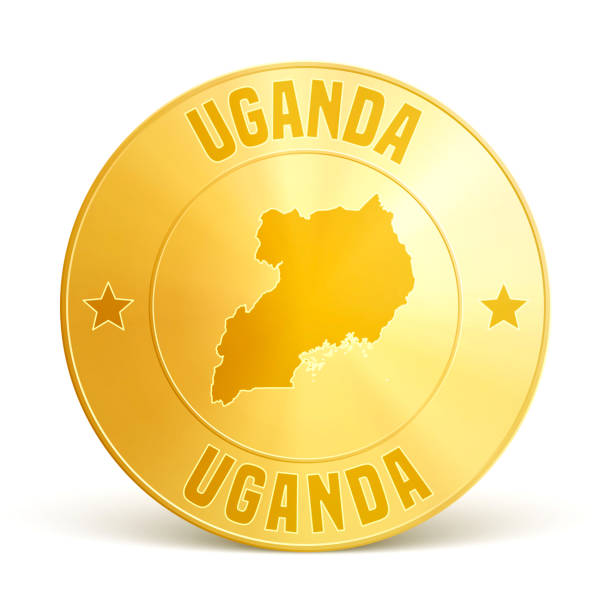
Gold has always been the commodity that investors have sought, craved, and hoarded for. What makes gold so desirable is not its sheen nor beauty but its mere scarcity. Precious metals and gemstones are precious because of their rarity. Gold mines entail incredible wealth because the market supply is limited.
So, what does it mean when a mass of reserve is unearthed? Will gold become inflationary and how will it affect trading in the blockchain sector? Will Bitcoin replace gold as a store of value? Questions arise.
Early in June, the Ugandan government announced a recent exploration survey that discovered about 31 million tons of gold ore awaiting to be extracted beneath the country. Spokesperson for the Ministry of Energy and Mineral Developments Solomon Muyita, said they’re looking forward to attracting big investors. Muyita explained the discovery was achieved after two years of conducting aerial exploration, as well as geophysical and geochemical surveys. 320,158 metric tons of refined gold are estimated to be extracted from the ore, which is valued at $12.8 trillion.
A large part of the reserves is reported to have been originating from Karamoja, located North East of Uganda. More deposits have also been discovered in the country’s central, eastern, and western areas. Chinese company Wagagai has seized the opportunity and has already built a mine in Busia, Eastern Uganda. Muyita said the company had invested $200 million in setting up the mine and the refining unit in the area.
But, what exactly does Bitcoin have to do with the state of gold mining?
Quite a lot, actually. Bitcoin advocates have long claimed the commodity to be the “digital gold,” largely because of its hard-capped 21 million supply – which makes it a non-inflationary commodity and at the same time, a great store of value. Gold, of course, is no way below Bitcoin when it comes to these aspects, especially since its stability dates back millennia.
But, if there are, indeed, millions of gold ore just beneath Uganda, will this not heighten the global gold supply? Will it not, in turn, lower the price of gold, and make it less desirable for investors? Gold’s potential price decline could be a gain for the crypto sector.
Microstrategies’ Michael Saylor in an interview with CNB, said “Every commodity in the world has looked good in a hyperinflationary environment, but the dirty secret is you can make more oil, you can make more silver, you can make more gold… Bitcoin’s the only thing that looks like a commodity that is scarce and capped.”
There’s no confirmation regarding the estimate just yet, but few have speculated the authorities may have confused metric tons with ounces while making their projections. That’s because the reported 320,158 metric tons by the Ugandan mining ministry would far exceed the 200,000 metric tons above-ground global reserves that exist today.
The World Gold Council has been asked to make a comment regarding the Ugandan discovery and the plausibility of its estimate. The council said they would not expect the discovery of gold to have a material contribution to the mine supply in the foreseeable future unless there have been formal reserve/resource declarations.
But in the bigger picture, Saylor may have a point – gold discoveries can always be made, whether in Uganda or anywhere else in the world, especially with the latest advancements in mining and surveying technologies. If so, wouldn’t this make Bitcoin, with its hard-capped 21 million supply, a potentially better inflationary hedge and store of value?
Blockchain researcher Garrick Hileman said Bitcoin could replace gold in terms of scarcity and reliability as a store of value in years to come. As with the 19th-century gold rush in South Africa, the introduction of large reserves could entail significant price implications for gold in the future, he added.
There is, however, opposition to this perspective, Eshwar Venugopal, an assistant professor at the University of Central Florida, Finance Department, says people have only been labeling Bitcoin as ‘digital gold’ because it’s considered a hedging asset – the fact that it’s still being sold and bought just like any other risky holding contradicts the ‘digital gold’ tag given to it.
That said, Bitcoin may have to undergo significant maturation before it can truly be considered digital gold. Vice President of Corporate Development and International at Luno Vijay Ayyari, in an interview with Cointelegraph, said the process could take another five to ten years. While Bitcoin has all the attributes that could potentially replace gold, its penetration needs to achieve higher levels as a first step.
Note: You can find out more about Gold and other precious metals you can invest in today in this guide.

